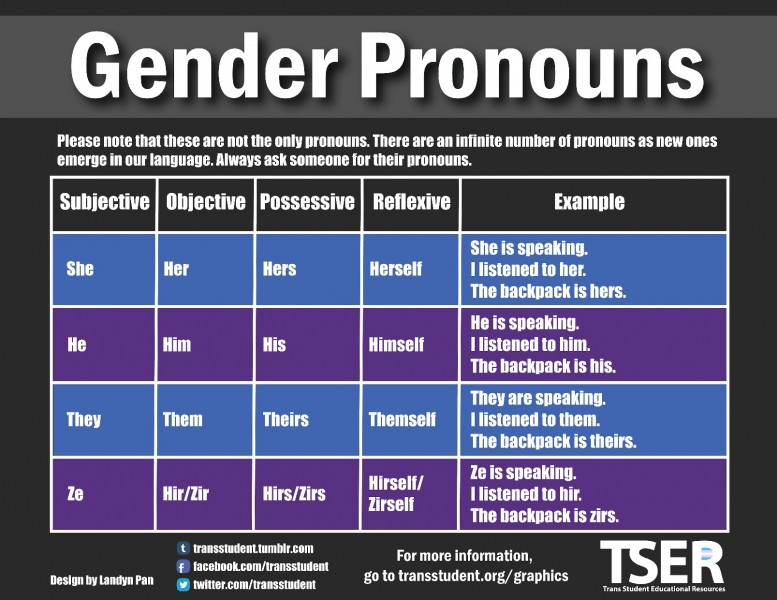Well, to start with, I never instructed students to act like ladies and gentlemen to begin with, I just addressed them in that way. “Ladies and gentlemen, I need you to do X”. But I understand that if you follow my logic, I was implicitly instructing them to behave that way.
To answer your question, They don’t mean the same thing, and would be used in different circumstances.
“Musicians” I use to address my high school band students. “Musicians, we are going to head downstairs to the stage. Please bring a stand with you and help the percussionists as needed.” What does a musician act like? In my classroom and in the professional world, behaving like a musician means being prepared for and actively attentive during rehearsal. It means having a pencil and marking your music, having supplies and taking good care of your instrument. Being a musician means sitting with healthy posture and listening quietly while other sections are working. It means supporting the other members of your section and working well as a team. Etc, etc, etc. When I call them “musicians” in high school, they know what those expectations are, and they’re much more useful to me than “ladylike or gentleman like” behavior. When I call them “musicians” in middle school, it’s aspirational, as part of teaching them those expectations.
“Friends” is very, very widely used in our elementary school instead of boys and girls. Again, not explicitly instructing them to act like friends, but addressing them that way. “Friends, we need to move to the other side of the hallway to let this class go by.Friends, now is the time to get a drink of water before PE.” I usually only use it when working with those younger students, as it’s what they’re used to hearing. In that building, they put a huge emphasis on building community, and expecting students to behave as friends would is part of that. What does behaving like a friend look like? Friends share. Friends take care of each other. Friends are honest and kind. Friends respect other people’s bodies and feelings. Again, expectations that are explicitly taught.
Does that help clear up how some of those terms could be both more inclusive and more useful? There are a couple of science teachers who feel very strongly about addressing their students as “scientists”. Others who prefer “scholars” for older students. Lots of examples.
 we do
we do  . Leave out the spaces :: yes ::
. Leave out the spaces :: yes ::
